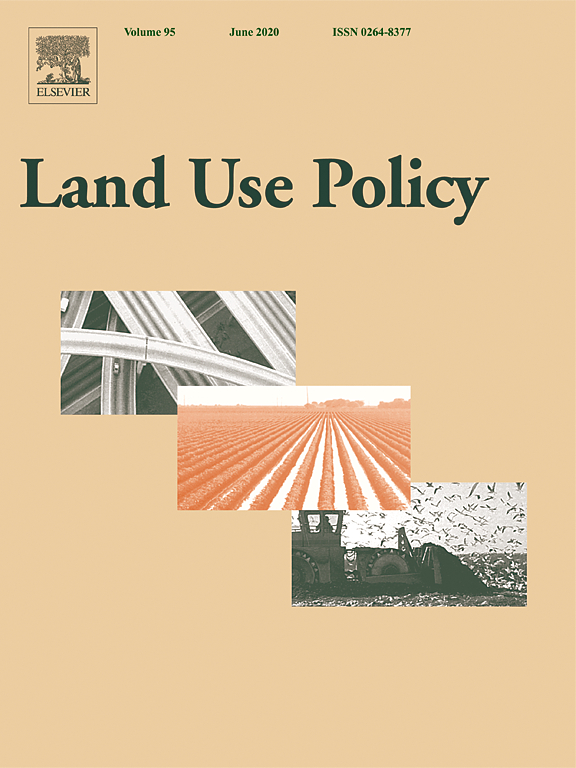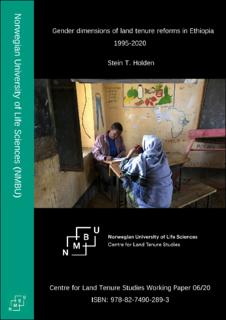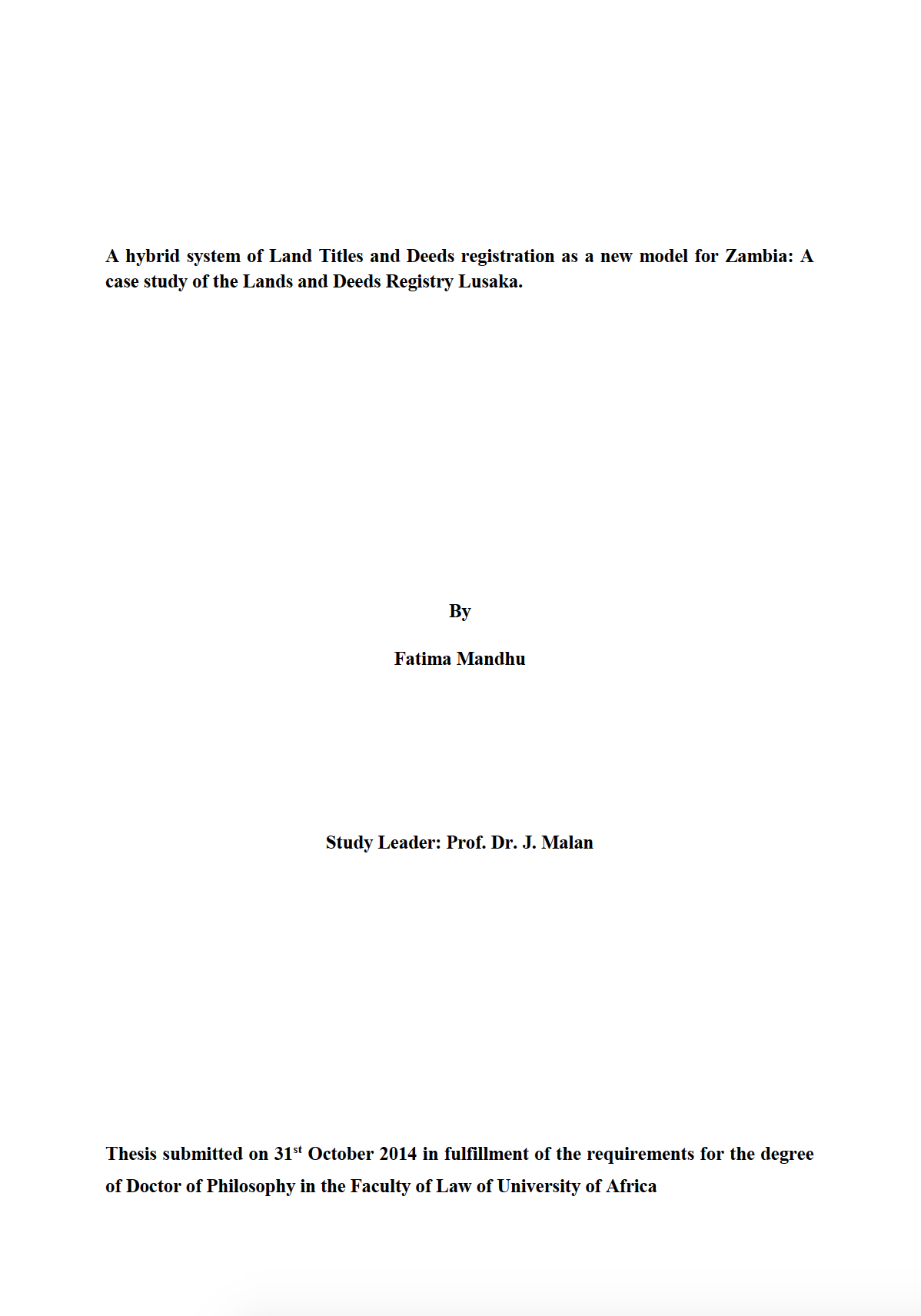Space-Enhanced Systematic Land Titling and Registration: A Stride at Resuscitating Nigeria’s ‘Dead Capital’
Since the commencement of land registration in Nigeria, less than 3% of land, mainly in urban areas had been registered. This is partly due to the prevalent sporadic method. Sporadic procedure of obtaining title is associated with many problems which include time and cost. This study examined space-enhanced systematic land titling and registration (SLTR) approach in Ondo State, Nigeria towards easing the titling logjam in the State. Questionnaire and Oral interview were used to elicit information from landowners and heads of departments of two government agencies.





